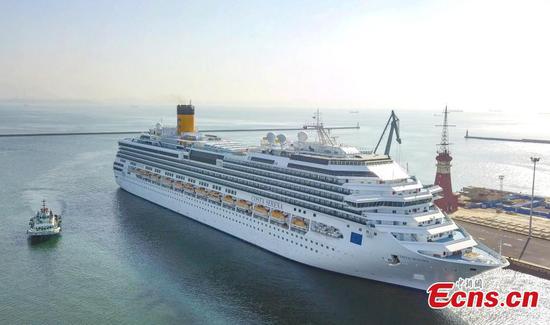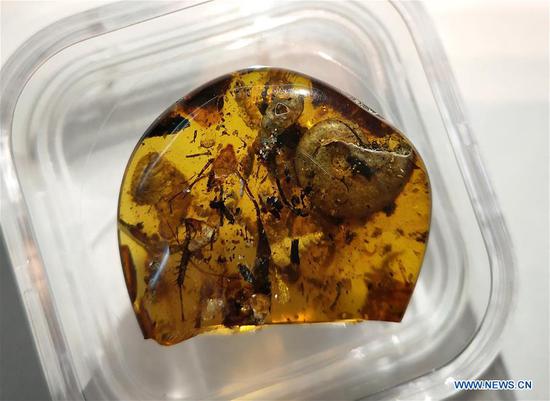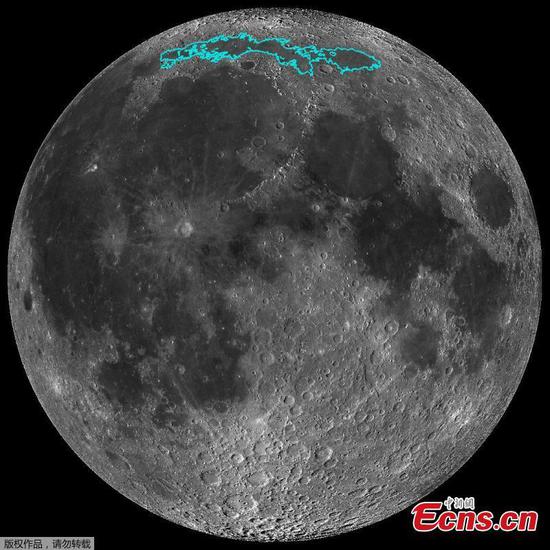American explorer Victor Vescovo set a new record for the deepest manned dive as he descended nearly 11 km to the bottom of the Mariana Trench in the Pacific Ocean, but to his dismay he found plastic waste.
Vescovo, 53, completed four dives to the bottom of the trench's Challenger Deep, known as the Earth's deepest point, between April 28 to May 5, according to a press release published by his team on Monday.
Aboard the submersible called the Limiting Factor, Vescovo made a couple of journeys nearly 11 km below sea level and reached a maximum depth of 10,928 meters in his dive dated April 28.
"The expedition has calculated that this was the deepest dive by any human in history," the team said in the press release. Four hours were spent on the bottom exploring the basin, which is now the longest period of time ever spent on the bottom of the ocean by an individual, they added.
"It is almost indescribable how excited all of us are about achieving what we just did," said Vescovo in the press release. "We feel like we have just created, validated, and opened a powerful door to discover and visit any place, any time, in the ocean -- which is 90 percent unexplored," he said.
The first dive to the bottom of the Mariana Trench took place in 1960 by U.S. Navy lieutenant Don Walsh and Swiss engineer Jacques Piccard in a vessel called the bathyscaphe Trieste. They achieved a maximum depth of approximately 10,912 meters below sea level.
Then, movie director James Cameron made a solo dive in 2012 in a bright green submersible called Deepsea Challenger.
Besides having discovered four new species in the ocean, Vescovo also found a plastic bag and candy wrappers at the deepest place of the planet.
"Hopefully it just brings more awareness that what we are doing in the oceans, it's not just one large garbage bin and we should treat it with a bit more respect," German news agency dpa quoted Vescovo as saying at the Explorers Club in New York City on Monday.
Each year, more than 8 million tons of plastic end up in the oceans, wreaking havoc on marine wildlife, fisheries and tourism, and costing at least 8 billion U.S. dollars in damage to marine ecosystems, according to data released by the United Nations (UN) Environment Program in 2017. The UN agency has declared a war on ocean plastic waste.
Recent studies also suggest that microplastics were found in marine animals living in the deep.


















































